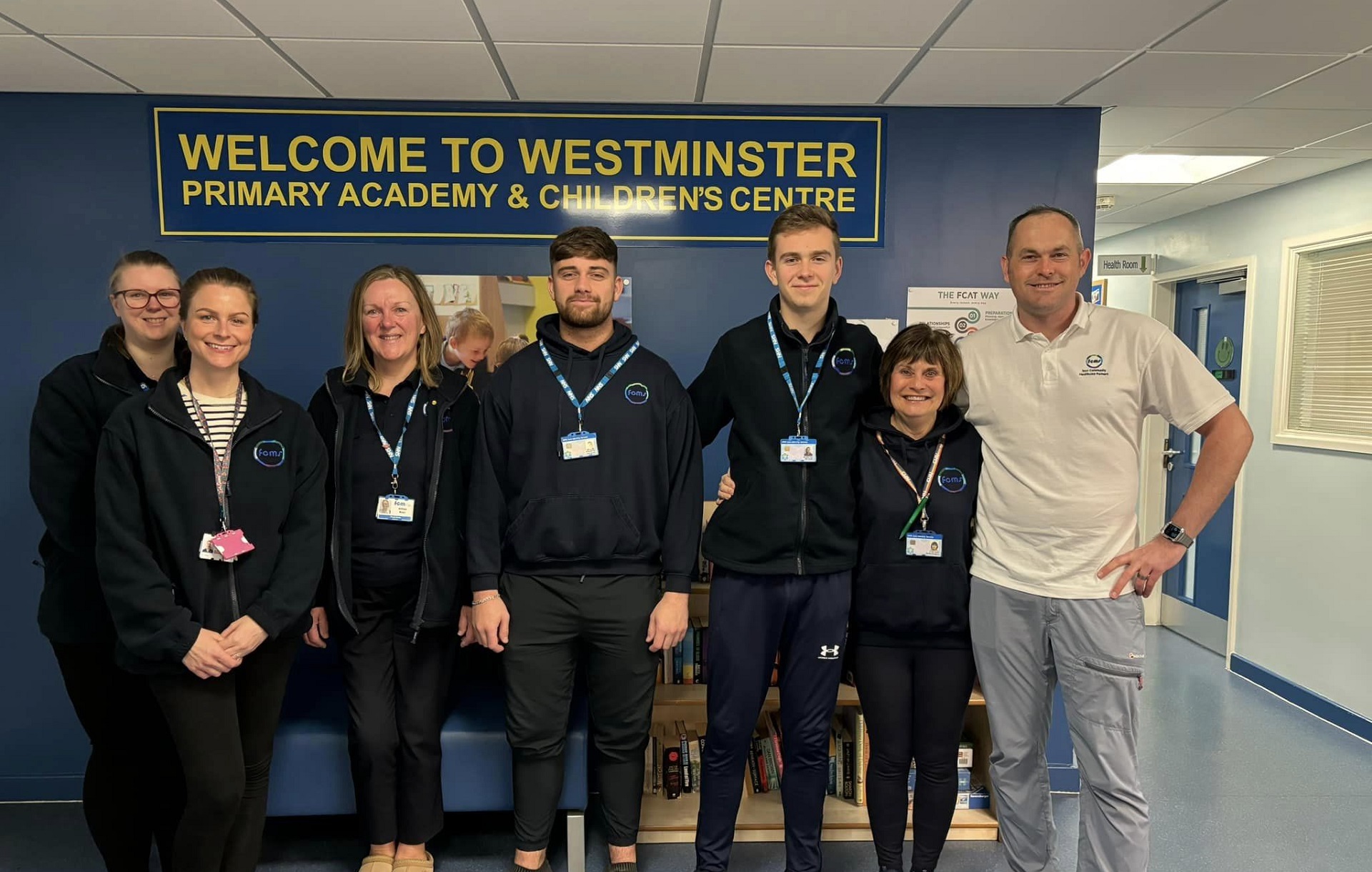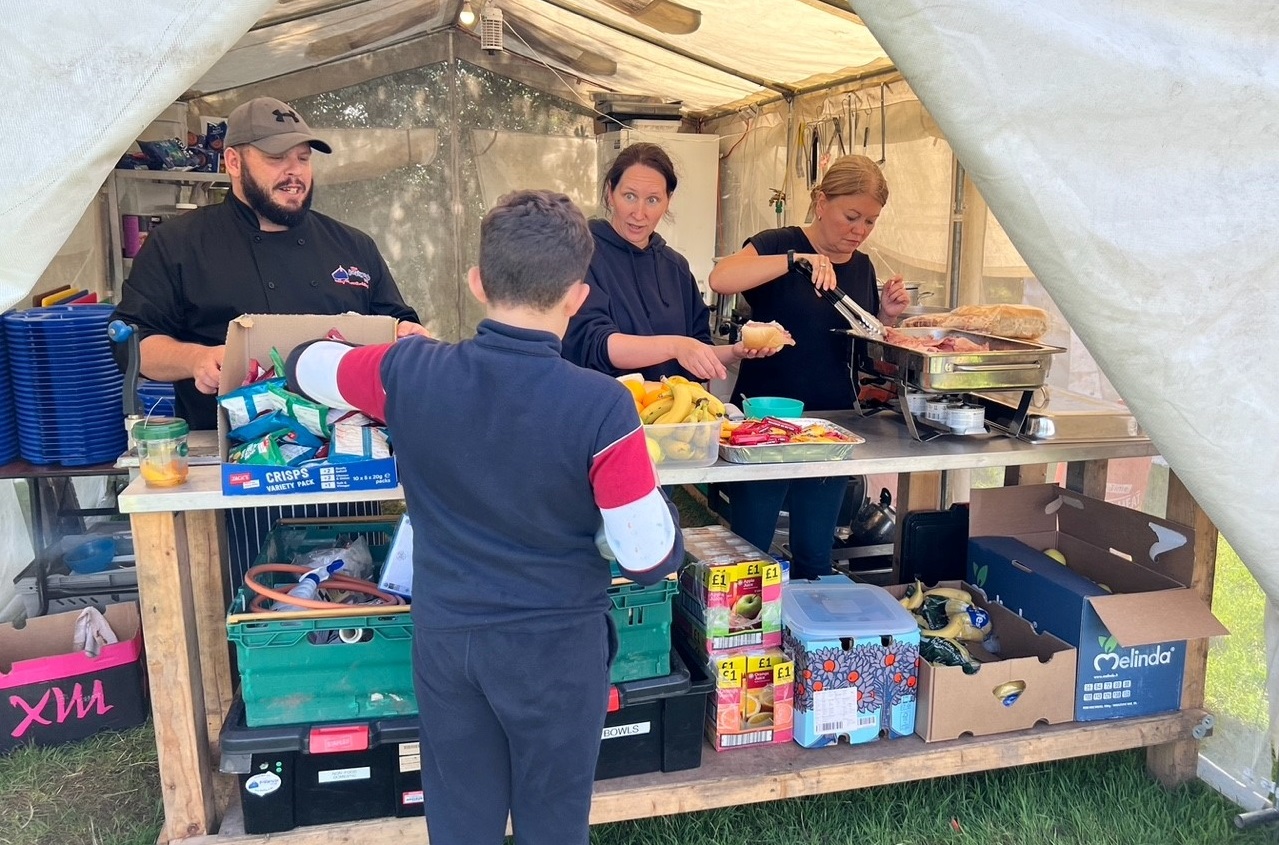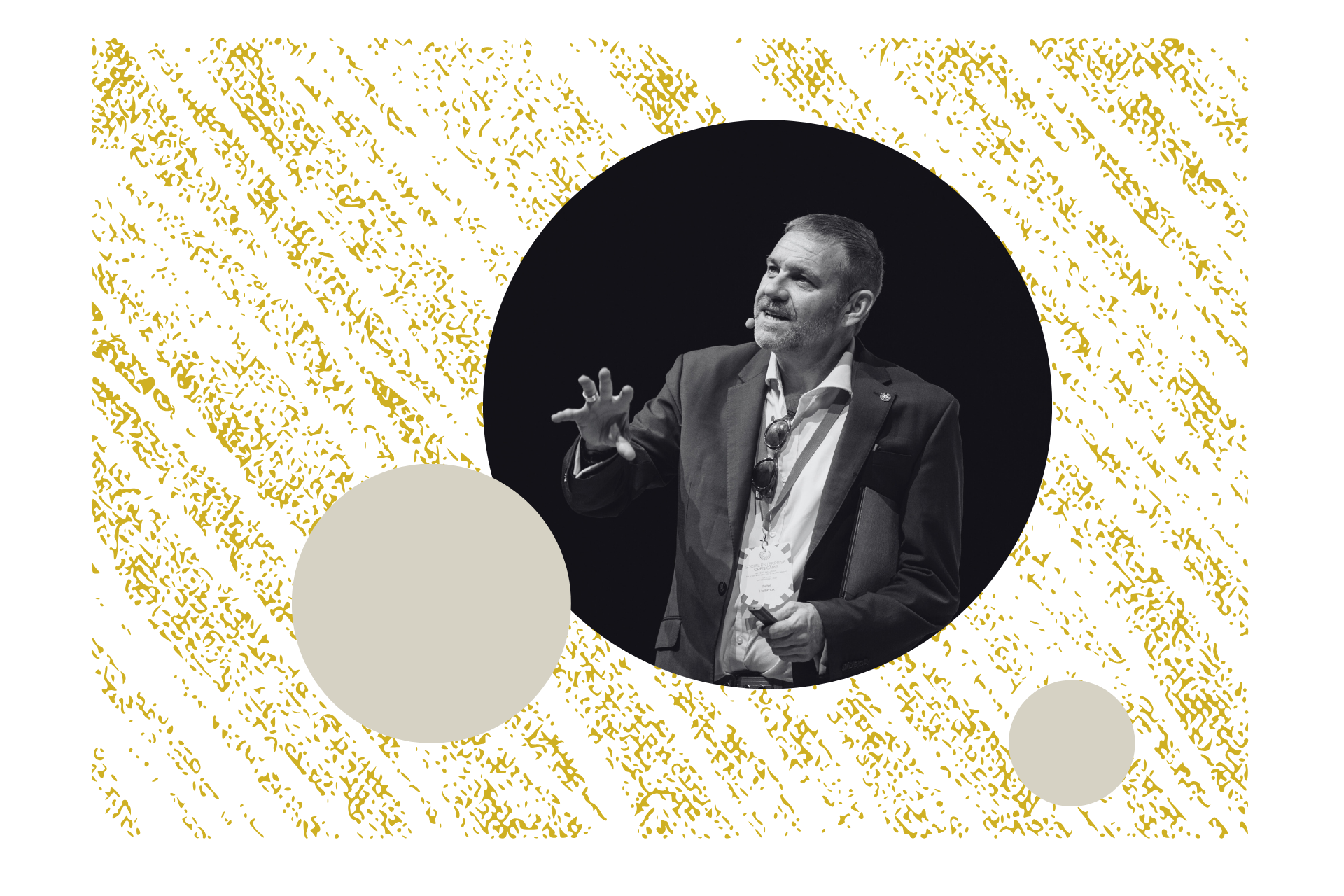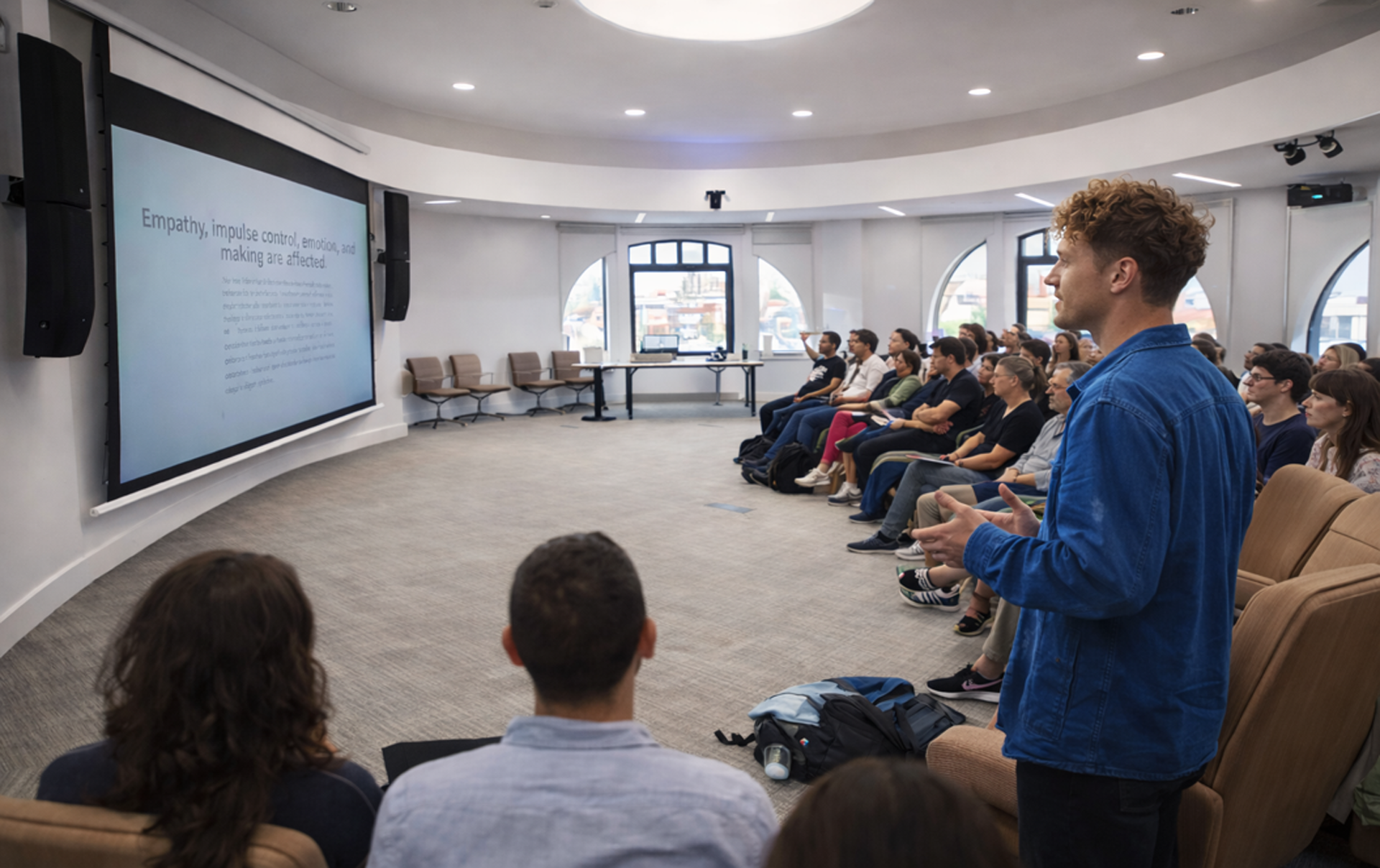Health and social care case studies
FCMS

A pioneering social enterprise in northern England offers a vision of what the NHS could be like if it took prevention seriously
Why would a healthcare provider fund a cafe in a primary school? Or support a confidence-building youth club? And why on earth would the same organisation provide cash to help its employees repair their car, fix a leak, even set up their own tattoo business.
From the perspective of conventional healthcare, this is all very puzzling. Until that is you understand the ethos animating FCMS – a social enterprise operating across northern England. The idea is simple: keeping and making people happy and healthy not simply delivering healthcare.
In practice, that does mean providing some demanding healthcare services: urgent treatment centres, emergency dental care, the 111 helpline, diagnostic services, and many others. But what makes FCMS different is its determination to set this work in a much wider context of health inequalities and the social conditions that lead to either good or bad health and well-being.
Put simply, FCMS doesn’t think it’s enough to just patch people up who come through their doors – they also aim to stop people coming through their doors in the first place. And that means intervening elsewhere.
Tea and cake
The school cafe is a case in point. Based in Flakefleet Primary School in Fleetwood and set-up with funding from FCMS, the Strive cafe serves a number of purposes. It creates a very pleasant place for human connection in an area facing deep poverty and isolation. It acts as a welcoming hub where people can come to seek help from local public services and the voluntary sector. It gives pupils and their families a relaxing space to speak to school staff about challenges they may be facing. And, of course, it also serves excellent but affordable coffee, tea and cake.
Is Strive a health intervention? In the conventional healthcare world, it most certainly is not. Getting a ‘business case’ to fund Strive approved within an NHS Trust would be a challenge to say the least. But from the point of view of FCMS, Strive is very much an investment in health. It is a direct way of providing the things that create good health and well-being: human connection, living in a friendly and supportive place, having easy access to local services and sources of help. And when such an intervention occurs in a place like Flakefleet, it is a direct response to the inequalities that damage health and well-being.
The same can be said of FCMS’s other activities such as backing The Boat House Youth – a voluntary organisation designed to develop young people’s confidence, funding free breakfasts and holiday activities for school children, helping adults develop basic maths skills, and supporting Flakefest – a summer festival for the Flakefleet community.
These and many other similar investments now total over £1 million into communities, largely, but not exclusively, across the Blackpool and Fylde coast.

A community event run by FCMS
Oompf!
Importantly, this spirit of using resource to address the underlying and holistic causes of good and bad health also informs FCMS’s own services. In recent years, the organisation has focused heavily on making sure healthcare can get to some of the most marginalised communities. Taking a highly flexible approach to how, when and where their services are delivered, FCMS has made it a goal through its Complex Lives programme to take healthcare to homeless people, asylum seekers and those removed from GP registration.
But this holistic approach doesn’t stop at patients and service users. It is also committed to the health and well-being of its own team. An approach that includes a fund called Staff Wishes which offers hard cash to make the lives of team members a little bit better, or sometimes a lot better. That might mean helping repair a broken down car or troublesome plumbing but, in one case, it meant helping a staff member follow their dream of setting up their own business by funding the purchase of tattoo equipment. Not many organisations would pay to lose a valued member of staff but it simply displays FCMS’s commitment to placing health and well-being ahead of everything else.
If the NHS is to become truly focused on prevention of ill-health rather than just its treatment, as the Government claims to want, then it has much to learn from an organisation like FCMS: working closely with the voluntary and wider public sector; developing highly flexible services designed around the reality of people’s lives; investing in community-based solutions to local challenges.
These are all important but perhaps there is one lesson that overrides them all: doing whatever it takes to keep everyone as happy and healthy as possible. Staying true to such a principle means thinking and working well outside the boundaries of conventional acute healthcare.
It also means always being ready to ask tough questions of one’s own organisation about whether it is using its resource in the most effective way to address the things that make people ill and unhappy. Such self-reflection, if done honestly, would certainly upend many of the practices across an NHS that seems unable to break out of its acute focus, overcome its aversion to frontline innovation, and respond adequately to a pressurised and unhappy workforce.
A good place to start that learning is by looking at FCMS’s core values. The language, simplicity and the values themselves say something about the fundamentally different culture nurtured at the social enterprise: being awesome, having fun, remaining humble, having the courage to challenge norms, being go-getting, and my personal favourite, displaying natural, infectious “oompf”!
These are values that speak to a culture that esteems creativity, collaboration and sheer damn impact above everything else. It’s an ethos of oompf we desperately need to spread rapidly across the NHS and whole public sector.
By Adam Lent
This case study forms part of a series we are producing together with the healthcare consultancy Baxendale and think tank King’s Fund, to demonstrate the innovation shown by social enterprises delivering health and social care.



